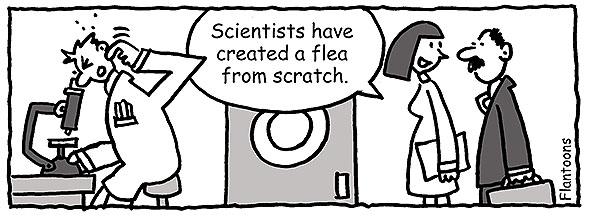
World Environment Day ('WED') is _1_ every year on June 5 to _2_ global awareness to take positive environmental action to protect _3_ and the planet Earth. It is run by the United Nations Environment Programme (UNEP).
When we talk about past events we usually use the simple past tense. Read this famous children's story and change the simple tense verbs (in orange) to the simple past tense:
Once upon a time there _live_ a poor widow and her son Jack.
All they _have_ was a cow called Daisy.
When the cow _stop_ giving milk, Jack's mother _tell_ him to take their cow to the market and sell it.
This lessons follows last week's 'Opposite Meanings - Try These Antonyms'.
Antonyms are words that have opposite meanings. Choose the word that is most nearly opposite in meaning to the word in capital letters:
(Paragraph 1) It's a Hollywood trend for major film studios to release big-budget movies in the summer.
(Paragraph 2) A blockbuster is a lavishly produced film that has or is expected to have wide popular appeal and financial success. They usually have well-known actors, the strong possibility of sequels and are heavily advertised for months before they are released.
(Paragraph 3) The top three summer blockbusters of all-time are Marvel's The Avengers (2012), The Dark Knight (2008) and The Dark Knight Rises (2012).
How would you describe your personality? What are some positive adjectives you would use? Are there any negative words?
Today we look at words that we can use to describe someone's personality.
Synonyms are words that have similar meaning, so when we describe someone as reliable we can also say trustworthy. Reliable and trustworthy are synonyms which we use to describe someone's personality.
How many of these personality adjectives do you know? Match the word to its closest synonym:
Synonyms are words that have almost the same meaning.
Example: The words big and large are synonyms.
Antonyms are words that have opposite meanings.
Example: The words easy and difficult are antonyms.
Antonym quiz: choose the word that is most nearly opposite in meaning:
Get rid of; remove; put an end to
I wish we could do away with poverty.
To do something again from the beginning.
I need to do over the bedroom. My wife doesn't like the colour of the walls I just painted.
To fasten something (usually clothes)
Do up your shoelaces or you might fall.
To succeed in living or working without someone or something.
Let's take a look at a pair of words that are commonly confused by English learners: felt and fell.
Felt is the past tense and past participle of the verb 'feel'.
She felt better after a good sleep.
I haven't felt this sick for a long time.
Fell is the past tense of the verb 'fall'.
I broke my arm when I fell off the horse.
She tripped and fell down the stairs.
Adding a prefix to the start of a word changes the meaning.
Dis- is a negative prefix. It means not or none. When we add dis- to the beginning of a word, we give it the opposite meaning.
Take a look at these example sentences.
The sun appears over the sea in the morning and disappears behind the mountains in the evening.
Stealing is dishonest. Now be honest with me, did you take the CD?

This month's cartoon is based on the word scratch.
Scratch (verb)
to rub your skin with your fingernails, often when your skin is itching. In the picture, the scientist is scratching his neck.
"She scratched her nose."
"My back is itching. Can you scratch it for me?"